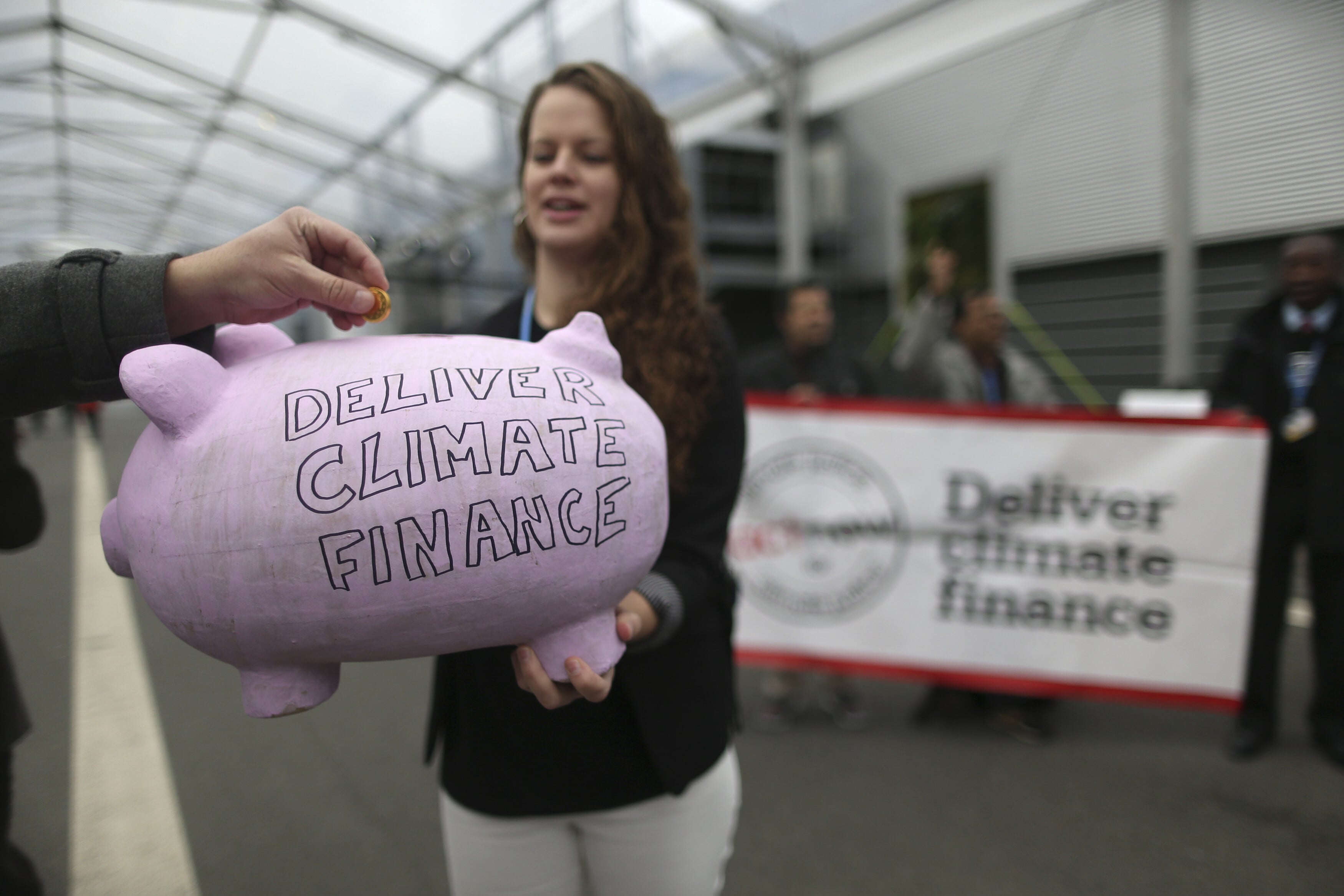Tropical forests turn down the planet's heat by 1C, scientists find

Tropical forests cool the world by more than 1 degree Celsius.
Image: UNSPLASH/ Beth Macdonald
Stay up to date:
Climate Indicators
- A new study has highlighted the importance of tropical forests to the planet, not least, in keeping global temperatures at safe levels.
- Besides cooling, they increase rainfall, provide shelter food and livelihoods, and clean the air.
- But in 2020, an area of tropical forest the size of the Netherlands was lost, according to monitoring service Global Forest Watch.
- Financing and innovative solutions are needed to prevent rising levels of deforestation.
Tropical forests cool the world by more than 1 degree Celsius, increase rainfall, and shield people and crops from deadly heat, researchers said, showing the climate benefits of trees go beyond sucking planet-warming carbon dioxide out of the air.
In a new study, they outlined different ways the Earth, its climate and its inhabitants rely on forests.
As every tenth of a degree of warming fuels threats from extreme weather and rising seas, lead author Deborah Lawrence said it is key to "acknowledge that tropical forests have a very important role in maintaining temperatures at a safe level".
Cutting down forests puts at risk the Paris climate accord's goal of capping the rise in global average temperatures at "well below" 2C and ideally 1.5C above pre-industrial times, as trees absorb about a third of carbon emissions produced worldwide.
The planet has already heated up by about 1.1C, bringing more extreme weather and higher sea levels.
Besides cooling, forests - including in tropical countries like Indonesia, Malaysia, Brazil and the Democratic Republic of Congo - also provide food and livelihoods, clean the air, support human health and are an essential habitat for wildlife.
But in 2020, an area of tropical forest the size of the Netherlands was lost, according to monitoring service Global Forest Watch.
During the hottest seasons, forests reflect sunlight back into space, absorb heat and release moisture that cools the air and helps form clouds, creating rainfall and conditions that protect local people and crops, the new study found.
Forests should be valued not only for their role in curbing emissions and as a source of carbon credits but also for the direct benefits they offer to local communities, said Lawrence.
The University of Virginia professor, who first began researching forests on the island of Borneo, called for more tree-planting initiatives in both urban and rural areas.
"Tropical forests are like a big insurance policy for the planet," she said. "We give them up at our peril. We need to keep these forests around."
Danny Marks, assistant professor of environmental politics at Ireland's Dublin City University who did not contribute to the study, said healthy forests are vital to fighting climate change - both to limit emissions and adapt to a warmer world.
More should be done to stop rising deforestation in its tracks, he said, including providing new financing and placing a higher value on the services provided by forests.
Marks cited Costa Rica as a good example, where a tax on fossil fuels has enabled payments to protect nature and forests.
Beyond capturing carbon, the list of benefits tropical forests offer is endless, said Damian Fleming of green group WWF's global forest practice.
Research shows forests can also lower blood pressure, reduce the risk of lung disease and improve mental wellbeing, he said, adding the new study's finding that tropical forests keep the planet 1C cooler is "staggering".
"That's a significant feat, which proves how illogical it is that rainforests are one of the most endangered habitats on Earth and most vulnerable to deforestation," he added.
What’s the World Economic Forum doing about deforestation?
Accept our marketing cookies to access this content.
These cookies are currently disabled in your browser.
Don't miss any update on this topic
Create a free account and access your personalized content collection with our latest publications and analyses.
License and Republishing
World Economic Forum articles may be republished in accordance with the Creative Commons Attribution-NonCommercial-NoDerivatives 4.0 International Public License, and in accordance with our Terms of Use.
The views expressed in this article are those of the author alone and not the World Economic Forum.
Related topics:
Forum Stories newsletter
Bringing you weekly curated insights and analysis on the global issues that matter.
More on Climate ActionSee all
Wee Kean Fong and Yvonne Zhou
July 29, 2025
Pranidhi Sawhney and Adam Skali
July 29, 2025
David Carlin and Sourajit Aiyer
July 28, 2025
Nasim Pour, Sebastien Cross and Joel Gould
July 28, 2025
Michael Wang
July 28, 2025
Naoko Tochibayashi
July 28, 2025





